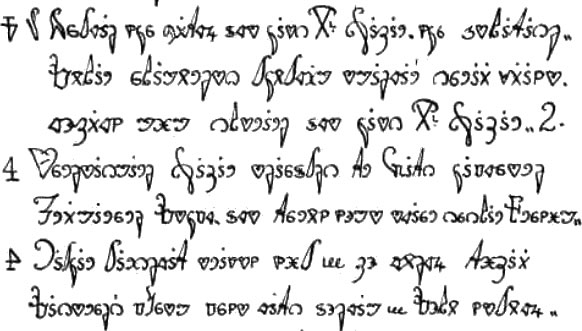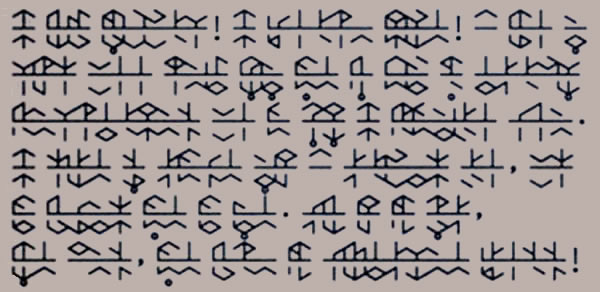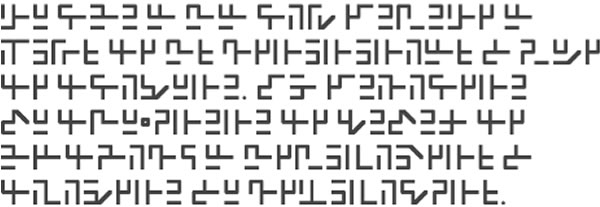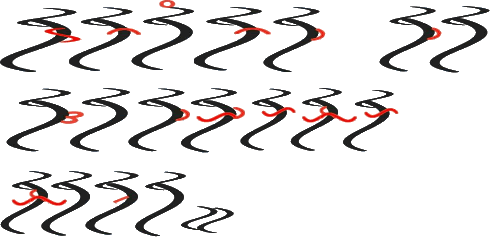Podcast: Play in new window | Download
Here’s the latest news from the world of Omniglot.
There are new language pages about:
- Picuris, a Tanoan language spoken in Picuris Pueblo in northern New Mexico in the USA.
- Kiowa (Cáuijògà), a Tanoan language spoken in the southwest of Oklahoma in the USA.
- Turka (cuuramã), a Southern Gur language spoken in the Cascades Region in the southwest of Burkina Faso.
There are new numbers pages in:
- Llanito, a mixed language spoken in Gibraltar made up mainly of Andalusian Spanish and British English.
- Ch’ol, (Lakty’añ), a Cholan Mayan language spoken in Chiapas in southern Mexico.
- Karata, (кӏкӏирлӏи), an Avar-Andic language spoken in southern Dagestan in the Russian Federation.
- Kaitag, (хайдакьан кув), a Northeast Caucasian language spoken in Dagestan in the Russian Federation.
On the Omniglot blog there’s a post about the word kiki and other popular slang words in the USA, and the usual Language Quiz. See if you can guess what language this is:
Here’s a clue: this language is spoken on a couple of islands in the southern Pacific.
The mystery language in last week’s language quiz was
Yao (chiYao), a Bantu language spoken in Malawi, Tanzania, Mozambique and Zambia.
In this week’s Adventure in Etymology we find out what links the word Caboodle with words like booth, bothy and bosky.
On the Celtiadur blog there’s a new post about words for Mighty Abilities and related things in Celtic languages.
There’s a new Celtic Pathways podcast about words for Towns and Beehives and related things in Celtic languages.
I also made improvements to the Caucasian Albanian, Toto and Avoiuli script pages, and to the Towns and Tribes, Houses, Towns & Villages and Houses and Dwellings Celtiadur posts.
For more Omniglot News see:
https://www.omniglot.com/news/
https://twitter.com/Omniglossia
https://www.facebook.com/groups/omniglot/
https://www.facebook.com/Omniglot-100430558332117
You can also listen to this podcast on: Apple Podcasts, Amazon Music, Stitcher, TuneIn, Podchaser, PlayerFM or podtail.
If you would like to support this podcast, you can make a donation via PayPal or Patreon, or contribute to Omniglot in other ways.



 Aksara Naon, which was created by Ahmad Syibli as an alternative way to write Sundanese and Indonesian.
Aksara Naon, which was created by Ahmad Syibli as an alternative way to write Sundanese and Indonesian.











